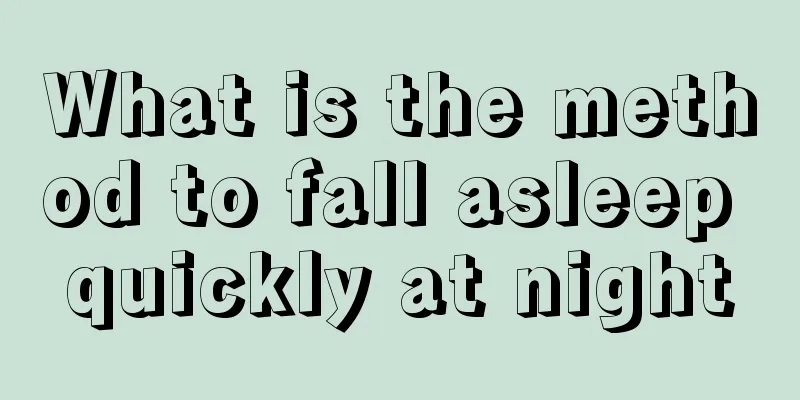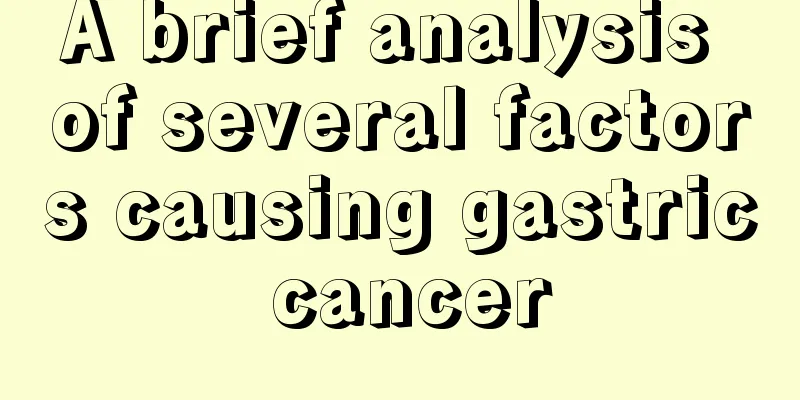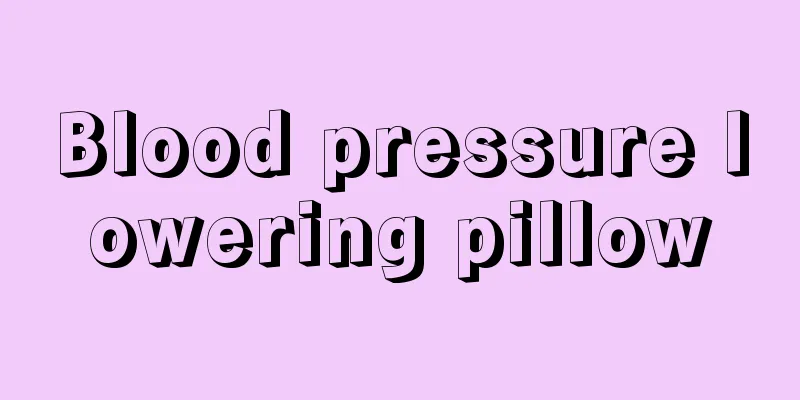How to treat vesicular pharyngitis

|
Herpes pharyngitis is a common respiratory infection in children. Generally speaking, spring and autumn are the seasons when herpes pharyngitis occurs most frequently. Children who suffer from this disease are generally under 5 years old. After the onset of the disease, children will have repeated fever, sore throat, drooling and some herpes in the pharyngeal cheeks. When children show such symptoms, they must go to the hospital for treatment in time. Symptoms of vesicular pharyngitis 1. Symptoms The onset is acute, with symptoms such as high fever, sore throat, irritability, drooling, anorexia, vomiting, general malaise, difficulty swallowing, mental depression and convulsions. If this disease occurs alone, there are often no systemic symptoms. Infants and young children often cry and make noise during feedings and are unwilling to eat. 2. Physical signs Physical examination may reveal congestion in the pharynx. Several to dozens of grayish-white blisters measuring 2 to 4 mm in size may be seen on the mucosa of the pharyngeal palate arch, soft palate, and uvula. They are surrounded by red halos and rupture after 1 to 2 days to form small ulcers covered with a light yellow or white pseudomembrane. Herpes can also occur in other areas of the mouth. There may be submandibular lymphadenopathy with tenderness. The course of the disease is about 1 week. Treatment of vesicular pharyngitis Antipyretic: During the disease, high fever persists and recurs. Generally, high fever continues 4-6 hours after taking the medicine. The body temperature is generally above 38.5 degrees Celsius. Parents should closely observe the body temperature and change antipyretic drugs. It is best to use the same medicine once within 24 hours. Topical treatment: The throat is mainly treated with spray medication, such as stomatitis spray, once every 6 hours. Do not drink water within 30 minutes after taking the medication. Oral medication: In the initial stage, antiviral treatment is the main treatment, and anti-inflammatory drugs are added after 3 days of high fever. Preventing Herpetic Pharyngitis 1. Pay attention to children's personal hygiene, wash hands frequently, and wash children's toys and clothes in time; 2. Cover your nose with a handkerchief when you sneeze to avoid cross-virus infection; 3. Pay attention to ventilation in your home environment; 4. Children should strengthen their physical exercise, have a comprehensive diet, get enough sleep, and enhance their resistance; 5. During epidemic seasons, try to avoid crowded places. In addition, when children are sick, they should be treated symptomatically, and parents should not give their children medicine on their own, such as antibiotics or antiviral drugs. It is especially not recommended to take preventive medications to prevent certain viral infectious diseases. |
<<: What to do if there are big hard lumps on the body
>>: What to do if pimples appear between teeth
Recommend
What to do if the feet are peeling and itchy
The chances of leg peeling are higher when the se...
What should I do if I have leukoplakia on the tongue?
"Leukoplakia" as the name suggests refe...
How long can you live with early liver cancer
Early liver cancer refers to tumors smaller than ...
Treatment of metastatic lymphoma
Lymphoma is considered to be "the disease th...
Life care for prostate cancer patients during the recovery period
Prostate cancer is a malignant tumor that occurs ...
What should we pay attention to in order to prevent the occurrence of colon cancer?
The incidence of colon cancer is very high in our...
Can Chinese toon be eaten in the refrigerator?
Toona sinensis is a food ingredient with a unique...
Discover the symptoms of ovarian cancer early to avoid metastasis
Ovarian cancer is a relatively serious gynecologi...
What causes deformed finger joints?
Finger joint deformation is a relatively common j...
What are the contraindications for patients with intestinal tumors after surgery
Patients with intestinal tumors need to understan...
Is low blood potassium harmful?
Low blood potassium is a common disease that can ...
Four things to note when caring for prostate cancer: Proper care for prostate cancer promotes patient recovery
Prostate cancer is very painful for men. This dis...
What is the cause of neuralgia behind the ear? The truth is this
In daily life, many people suffer from posterior ...
Is bladder cancer hereditary?
Many cancer patients are most worried about wheth...
How to prevent liver cancer in life? Pay attention to these 6 types of people who are prone to liver cancer
Liver cancer is a malignant tumor of the liver, w...









